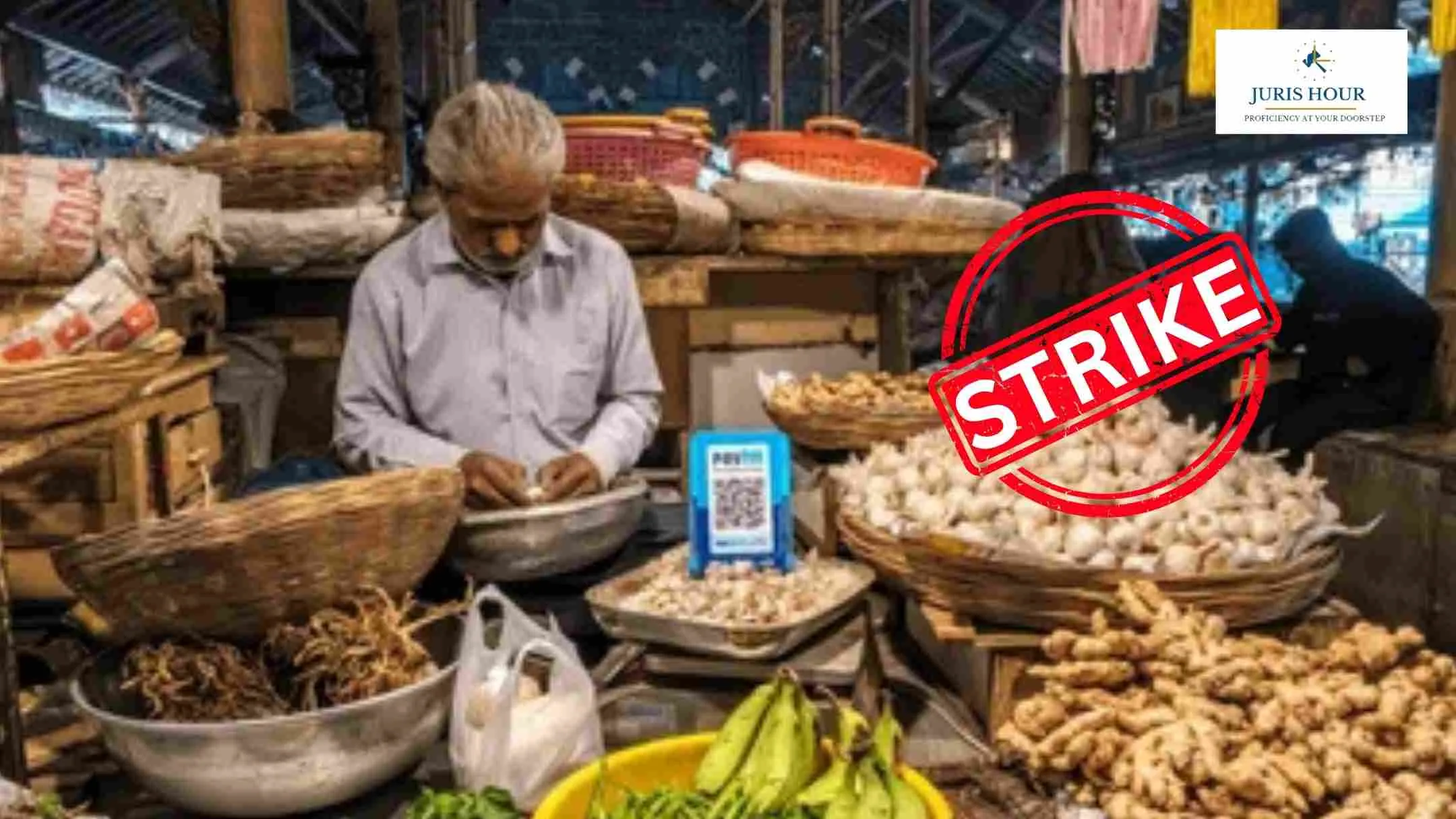Growing discontent among small traders over GST notices issued based on UPI transactions has led to widespread calls for a strike on July 25. Several traders’ associations across Karnataka are also urging members to suspend UPI usage, claiming the recent wave of tax notices has triggered panic and confusion.
The Commercial Taxes Department, however, has defended the move, stating that the notices are not final tax demands but merely preliminary inquiries based on transactional data.
Clarification from the Tax Department
Joint Commissioner of Commercial Taxes, Meera Suresh Pandit, clarified in an interaction with PTI that the notices are issued to assess whether individuals or businesses have crossed the GST registration threshold — ₹20 lakh annual turnover for services and ₹40 lakh for goods.
“If a trader’s explanation is satisfactory and the goods or services are exempt from GST, the notice will be dropped. These are not final demands, but an opportunity for the trader to clarify,” Pandit explained.
She emphasized that registration becomes mandatory once the turnover threshold is crossed, empowering traders to collect and remit GST. Non-compliance triggers notice issuance, which is backed by data analytics conducted by the department’s Services Analysis Wing.
UPI Only an Indicator, Not Final Proof
Addressing concerns raised by traders about the reliability of UPI as a sole metric, Pandit said UPI transactions are just one of the several indicators used to flag potential GST non-compliance.
“We understand that traders may have transactions through other channels such as cash or cards. If their overall turnover remains below the threshold or involves exempt goods or services, they should provide documentary evidence through written replies or personal hearings,” she stated.
Pandit urged traders not to fall prey to misinformation or panic. “Calling for a bandh is not a constructive solution. We’re open to engagement and are willing to guide every trader under the legal framework,” she said, adding that multiple follow-ups are made before any final assessment.
Traders Cite Lack of Awareness and Sudden Action
Despite the reassurances, many trader groups remain unconvinced. Trade activist Sajjanraj Mehta acknowledged the department’s legal powers to monitor digital payments but criticized the lack of prior notice or education.
“Small traders were caught off guard. Many didn’t realize that UPI inflows — often a mix of personal and business transactions — could be interpreted as business turnover,” Mehta told PTI.
He emphasized that a more nuanced approach was needed, especially in distinguishing between taxable and exempt goods. “Issuing blanket notices without filtering for items like fresh produce or unbranded staples only fuels confusion,” he added.
Shift Away from Digital Payments
In cities like Bengaluru and Mysuru, traders have reportedly started encouraging customers to pay in cash. “We are seeing a growing reluctance among market vendors and grocery shops to accept UPI,” Mehta said. However, he noted that in tech-savvy urban pockets, digital payments remain common.
Demand for Clear Guidelines
Traders are now demanding clear guidelines on the treatment of UPI transactions under GST, along with a transparent mechanism to contest discrepancies. They are also seeking education and awareness drives in regional languages to help them understand compliance obligations.
As July 25 approaches, all eyes are on how the government addresses these concerns amid rising calls for clarity, fairness, and reform in tax enforcement.
Read More: GST Registration Rejection Over Missed Call? Nation Wants to Know Why Google Maps Isn’t Enough

